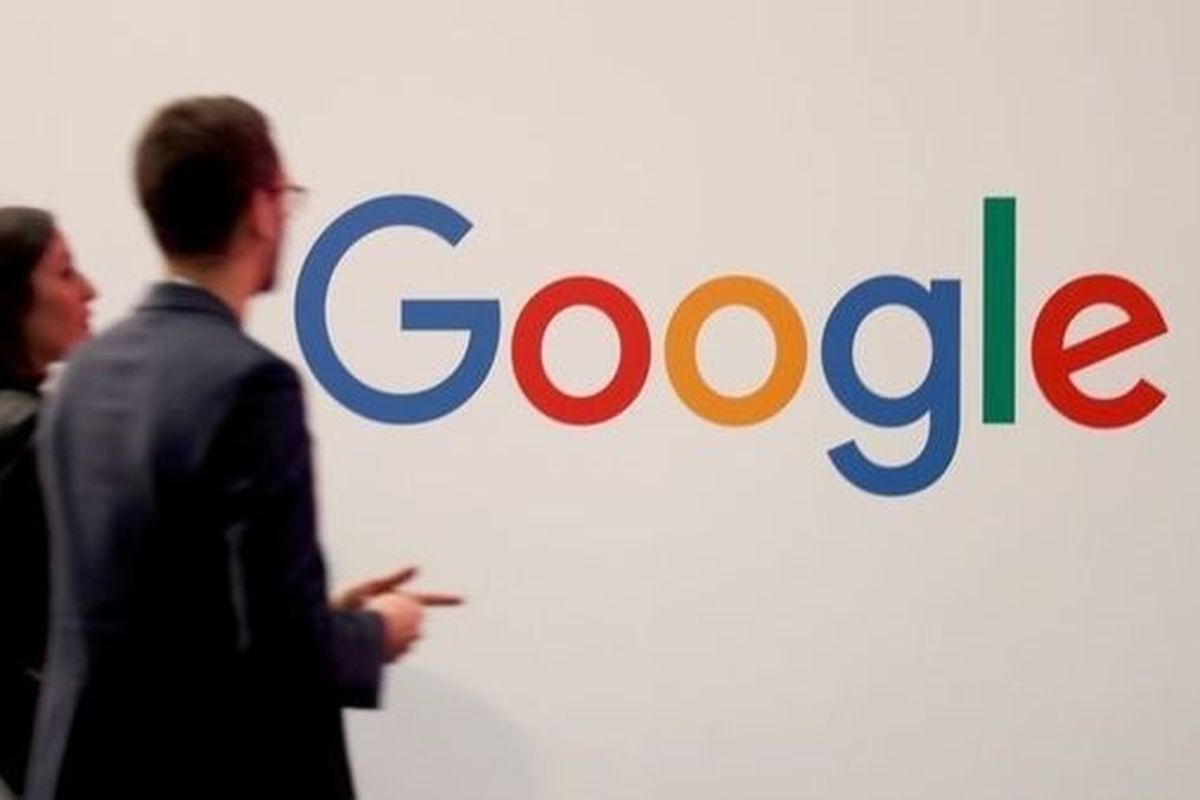Australia’s Draft Law May Have Big Tech Pay for News Content

The crisis has been exacerbated by the economic collapse caused by the coronavirus pandemic, with dozens of Australian newspapers closed and hundreds of journalists sacked in recent months.
Unlike other countries' so-far unsuccessful efforts to force the platforms to pay for news, the Australian initiative uses competition law and not copyright regulations to challenge what Australia calls an "acute bargaining power imbalance" between media and the US giants.
'We want it to be fair'
The move has been strongly pushed by Australia's two biggest media companies, Rupert Murdoch's News Corp and Nine Entertainment, who stand to gain the most from the crackdown.
News Corp Australasia executive chairman Michael Miller called Friday's announcement a "watershed moment" and declared the "platforms' days of free-riding are ending".
Frydenberg warned Google and Facebook that any "discrimination" against Australian media as a result of the new law would be considered a punishable breach of the code.
He said the aim was "not to protect Australian news media businesses from competition, or from the disruption that's occurring across this sector" but rather "to create a level playing field".
"We want Google and Facebook to continue to provide these services to the Australian community which are so much loved and used by Australians.
"But we want it to be on our terms. We want it to be in accordance with our law. And we want it to be fair."
(Writer: David Millikin)
Source: http://u.afp.com/386C
Simak breaking news dan berita pilihan kami langsung di ponselmu. Pilih saluran andalanmu akses berita Kompas.com WhatsApp Channel : https://www.whatsapp.com/channel/0029VaFPbedBPzjZrk13HO3D. Pastikan kamu sudah install aplikasi WhatsApp ya.

































